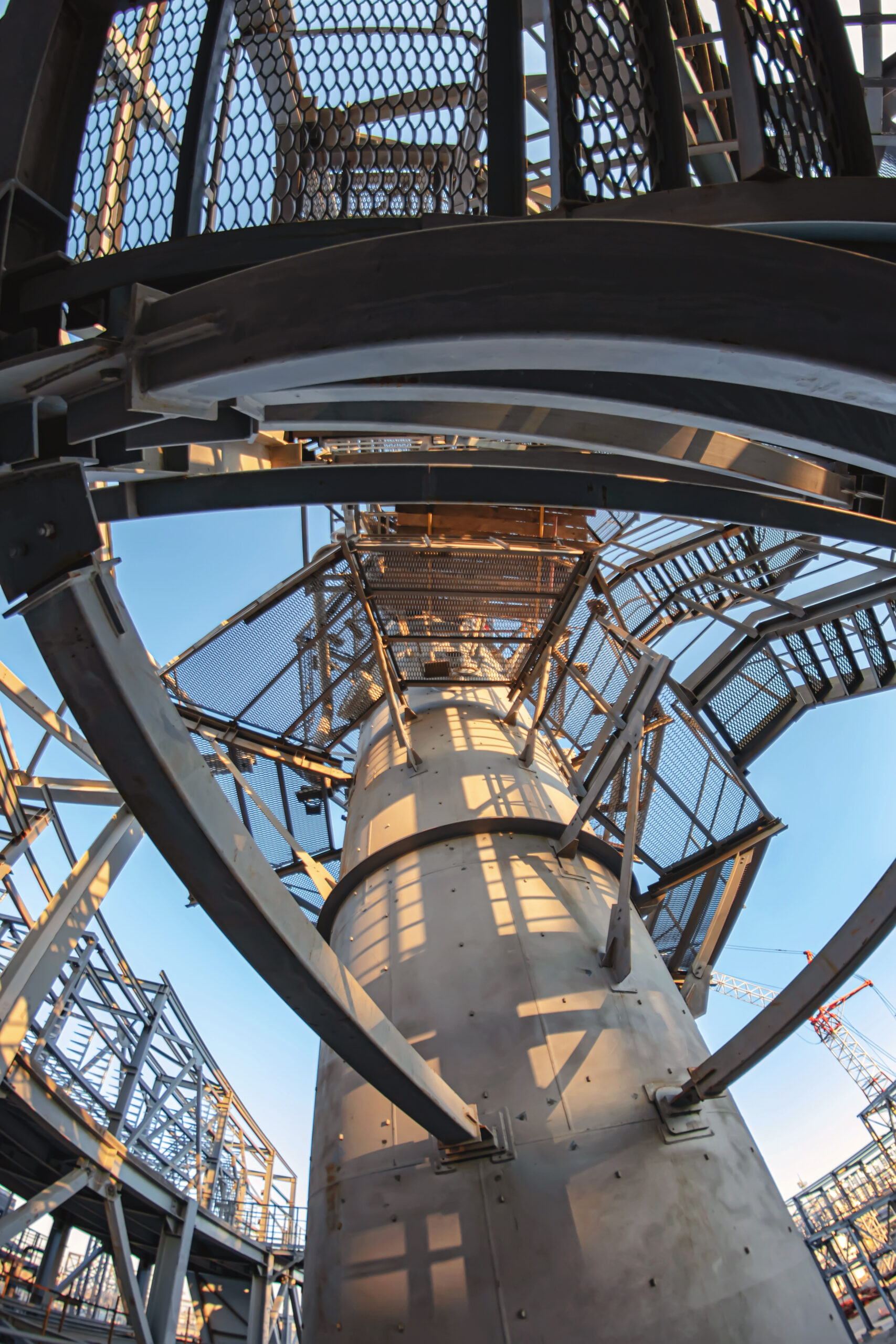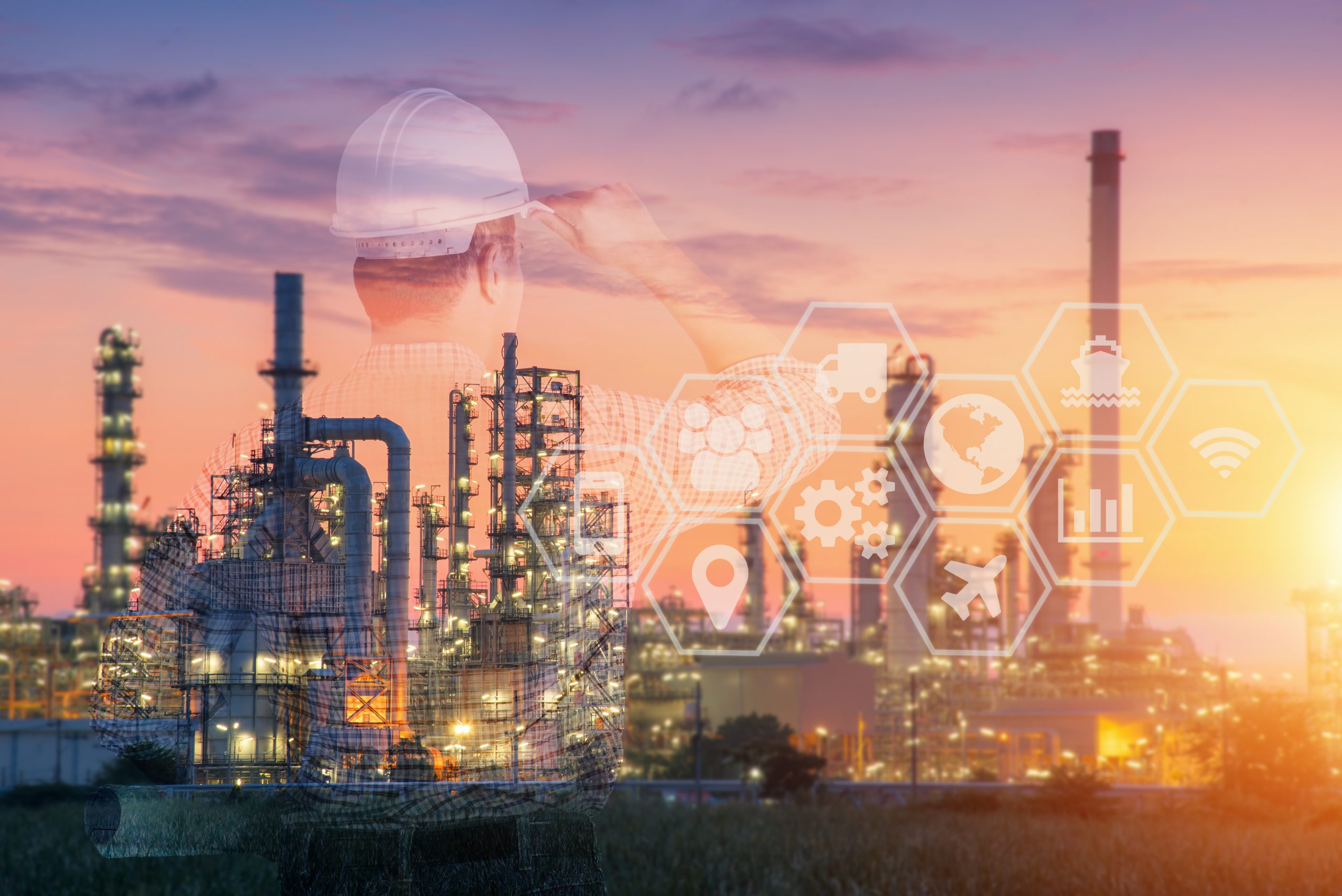Hydrogenation in Steam Crackers Training Course
Consultant/Trainer: Dr. Stefan Iselborn
The Petrogenium Hydrogenation Technologies in Steam Crackers course will provide insight into catalysts and technologies for the selective and full hydrogenation of ethylene, MAPD, butadiene, and the pyrolysis gasoline fraction (pygas) in steam crackers and will raise awareness of design aspects and catalyst properties on optimum operation of their hydrogenation facilities to plant engineers and operation staff. The performance of benchmark units will be presented and methods for improvements towards benchmark performance of plants. The influence of impurities and special operation, such as start-up, regeneration etc. on plant economics, including catalyst lifetime, will be addressed. Safety aspects will also be covered.
Participants
This Petrogenium course can be tailored for awareness/inexperienced staff, for intermediate and for experienced personnel. Furthermore the course can be customized for a specific refinery, plant or unit. The option for post-course consultancy/help-desk support is also available.
Participants may include: petrochemical technologists, process engineers and purchasing managers who deal with hydrogenation units and catalysts.
Participants may include: petrochemical technologists, process engineers and purchasing managers who deal with hydrogenation units and catalysts.


Learning Objectives
- to identify potential for higher profitability of your plant
- to maximize the yield of valuable products
- to increase onstream time
- to guide extension or improvement projects for your plants
Day 1
Basics of hydrogenation chemistry
Day 2
Day 3
Basics of hydrogenation chemistry
- Chemistry
- Thermodynamics and kinetics of reactions
- Process flow diagram options
- Reactor designs
- Catalyst types and suppliers
Day 2
- Process variables and control
- Kinetics
- Evaluation of operation data (Which? How?)
Day 3
- Start-up and regeneration options
- Troubleshooting
- Case studies
- Course evaluation
Programme
Day 1
Basics of hydrogenation chemistry
Day 2
Day 3
Basics of hydrogenation chemistry
- Chemistry
- Thermodynamics and kinetics of reactions
- Process flow diagram options
- Reactor designs
- Catalyst types and suppliers
Day 2
- Process variables and control
- Kinetics
- Evaluation of operation data (Which? How?)
Day 3
- Start-up and regeneration options
- Troubleshooting
- Case studies
- Course evaluation